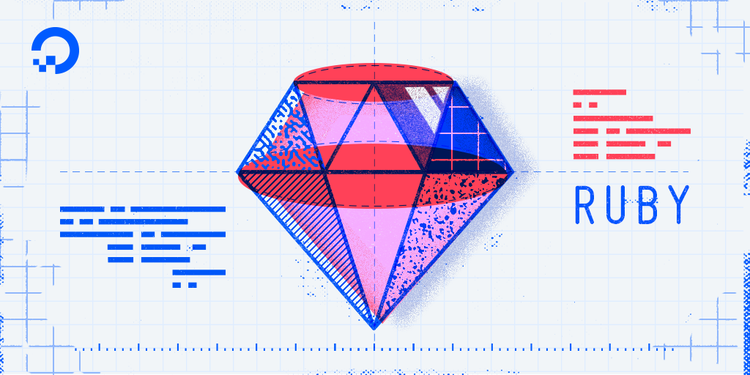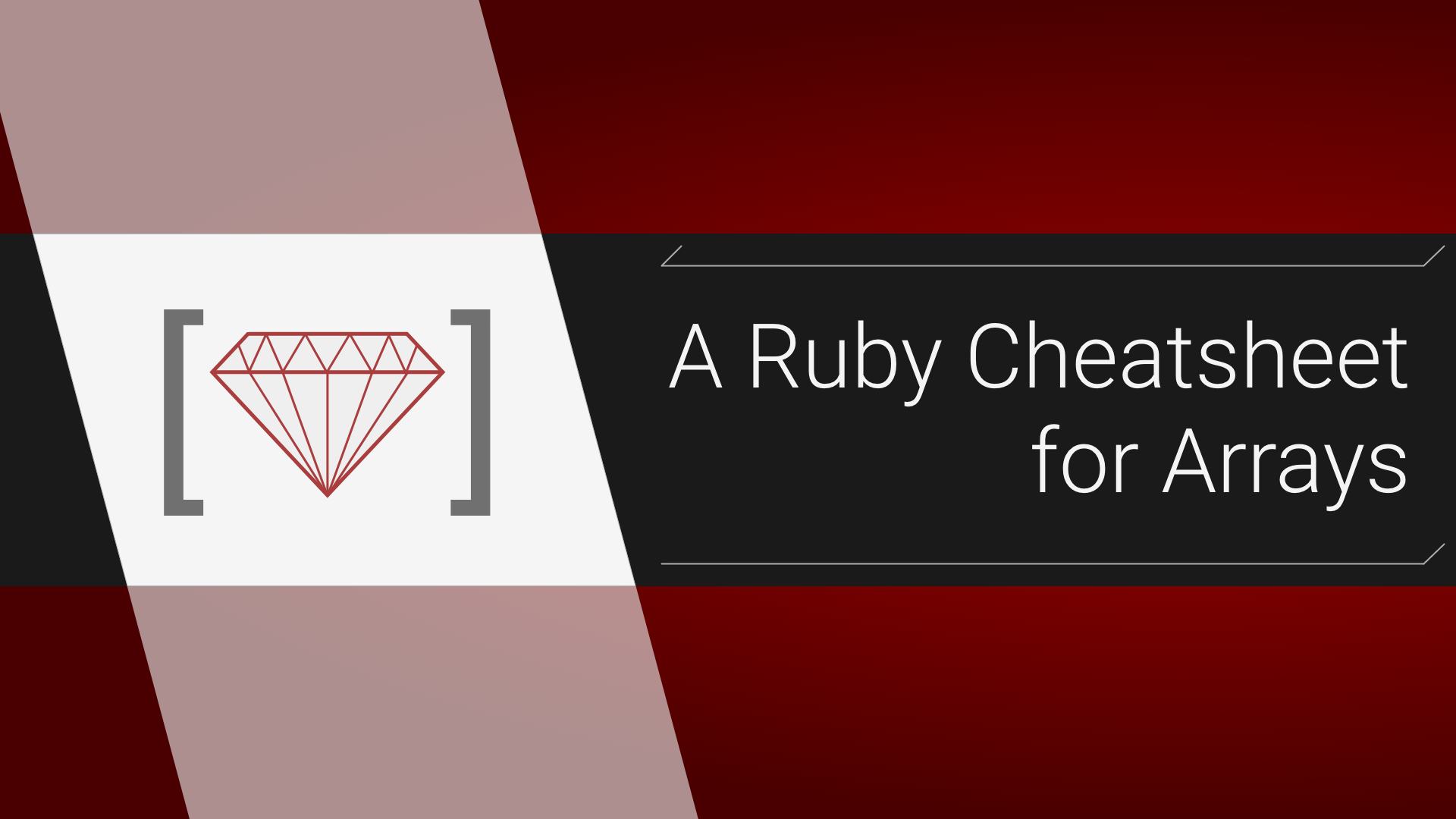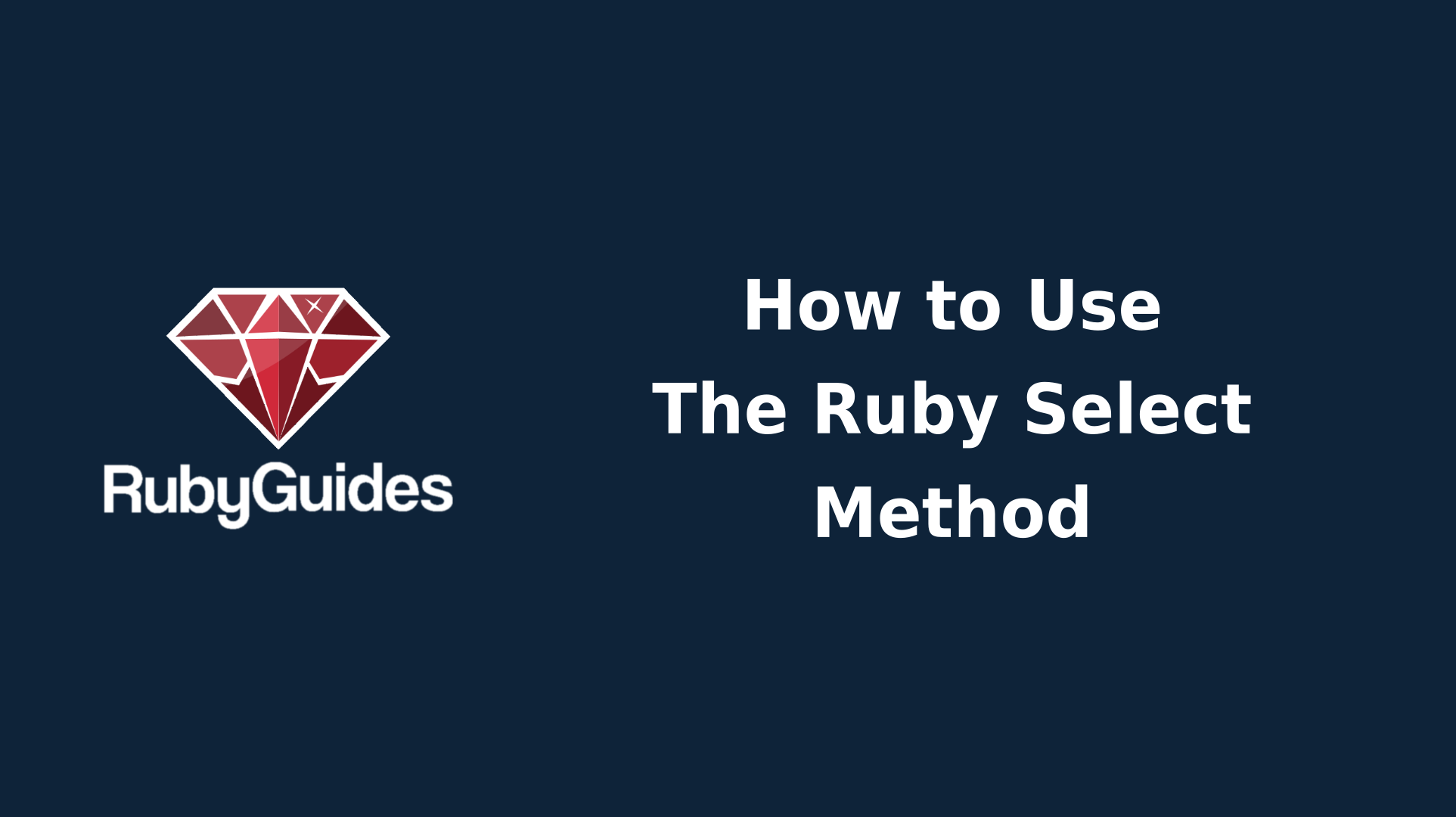Ruby Each With Index And Object

We will be discussing two iterators here each and collect.
Ruby each with index and object. We can then print the element s value using puts. Each element in this array is created by passing the element s index to the given block and storing the return value. There are a few methods you need to implement to become an enumerable and one of those is the each method. Given arguments are passed through to each.
For each element in the sharks array ruby assigns that element to the local variable shark. Ruby arrays are objects and they provide the each method for working with elements. Each element in this array is created by passing the element s index to the given block and storing the return value. Ruby arrays can hold objects such as string integer fixnum hash symbol even other array objects.
If no block is given an enumerator is returned instead. In the last form an array of the given size is created. Let s look at these in detail. New 3 index index 2 0 1 4 common gotchas when sending the second parameter the same object will be used as the value for all the array.
Ruby arrays are not as rigid as arrays in other languages. In ruby arrays and hashes can be termed collections. Like the array these elements are placeholders that are used to pass each key value pair into the code block as ruby loops through the hash. For a hash you create two elements one for the hash key and one for the value.
The each method works in a similar fashion to for in but has a. Iterators return all the elements of a collection one after the other. Given arguments are passed through to each. This works exactly like the each method for an array object with one crucial difference.
And it provides an enumerable module that you can use to make an object an enumerable. You won t see for in very often though. In the last form an array of the given size is created. Calls block with two arguments the item and its index for each item in enum.
Ruby is an interpreted high level general purpose programming language it was designed and developed in the mid 1990s by yukihiro matz matsumoto in japan. Objects that store a group of data members are called collections. Ruby calls an object that can be iterated over an enumerable.
















































